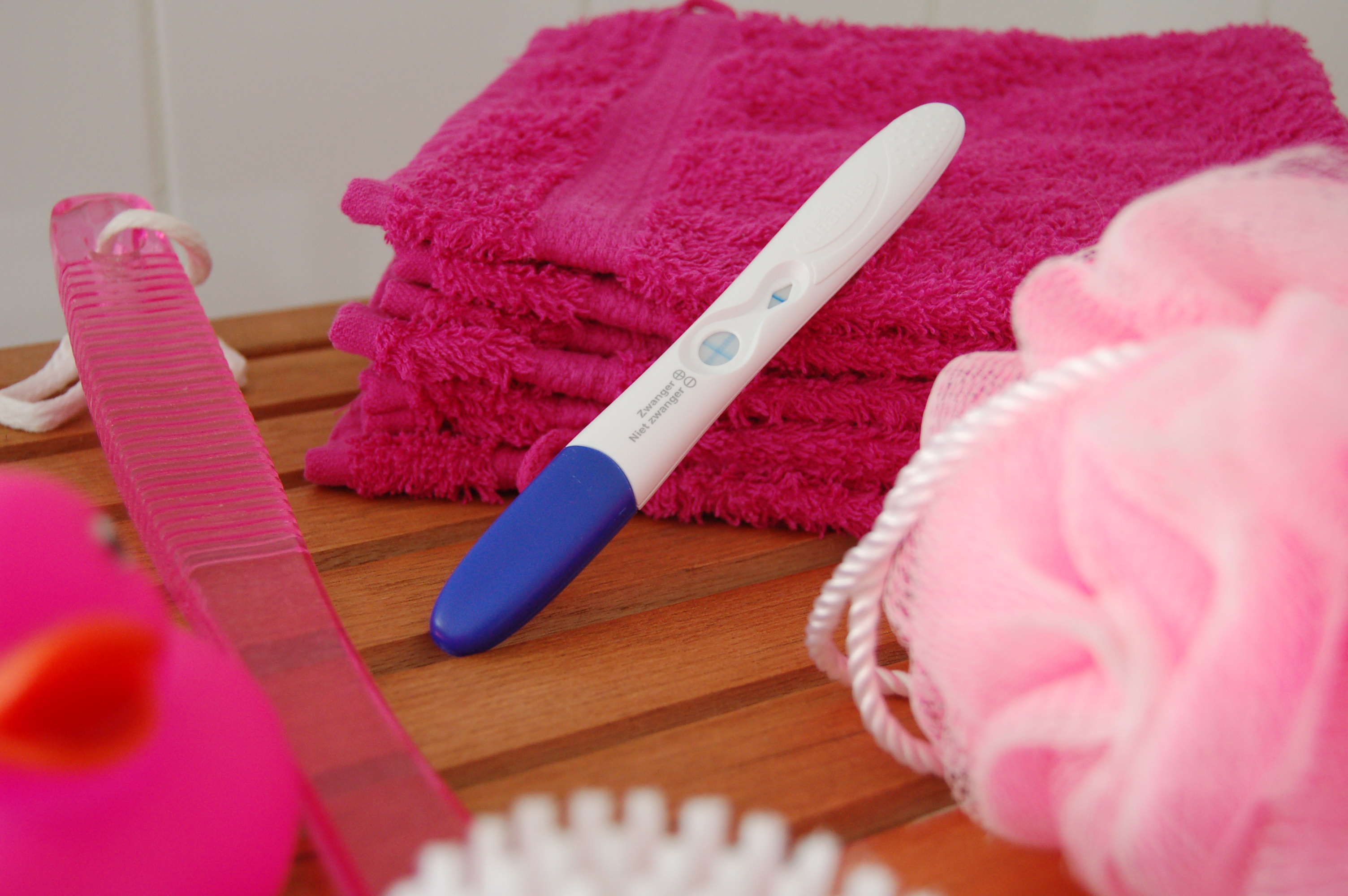TUESDAY, April 30 (HealthDay News) — The U.S. Food and Drug Administration late Tuesday approved the over-the-counter sale of Plan B One-Step, a version of the so-called “morning after” pill, for use as emergency contraception by girls and women aged 15 and older.
The move ends years of debate over the issue, and follows a federal judge’s order earlier this month that the FDA make Plan B available to all women, regardless of age.
The emergency contraceptive is made by Teva Women’s Health Inc.
“Research has shown that access to emergency contraceptive products has the potential to further decrease the rate of unintended pregnancies in the United States,” FDA Commissioner Dr. Margaret Hamburg said in an agency news release.
“The data reviewed by the agency demonstrated that women 15 years of age and older were able to understand how Plan B One-Step works, how to use it properly and that it does not prevent the transmission of a sexually transmitted disease,” she said.
To prevent girls under the age of 15 from buying Plan B, the FDA said the product will bear a label stating that proof of age will be required, and a special product code will prompt such an inquiry from the cashier. “In addition, Teva has arranged to have a security tag placed on all product cartons to prevent theft,” the FDA noted.
On April 5, Judge Edward Korman, from the Eastern District of New York, gave the FDA 30 days to remove age restrictions on the sale of emergency contraception, such as Plan B One-Step. Until now, girls 16 and younger needed a doctor’s prescription to get the pill, which typically works if taken within 72 hours after intercourse.
Other brands of emergency contraception include Next Choice and Ella.
The move is the latest chapter in a 10-year, controversial debate about who should have access to the drug and why.
Plan B prevents implantation of a fertilized egg in a woman’s uterus through use of levonorgestrel, a synthetic form of the hormone progesterone used for decades in birth control pills. Plan B contains 1.5 milligrams of levonorgestrel, more than “the Pill” contains. It is considered a form of birth control, not abortion.
Women’s health advocates praised the FDA decision.
“While there are still practical questions to resolve, this is an important step forward to expand access to emergency contraception and for preventing unintended pregnancy,” Cecile Richards, president of Planned Parenthood Federation of America, said in a news release.
“Emergency contraception is a safe and effective form of birth control that can prevent pregnancy if taken within five days of unprotected sex,” she added. “This decision will eliminate some of the biggest barriers and hurdles that women face in getting emergency contraception when they need it, which means many more women will be able to prevent unintended pregnancy.”
But not everyone is likely to be pleased with the move.
Earlier this month, Janice Shaw Crouse — director and senior fellow at the Beverly LaHaye Institute, the think tank for the conservative women’s group Concerned Women for America — called Korman’s ruling “a political decision, made by those who stand to profit financially from an action that puts ideology ahead of the nation’s girls and young women.”
“It is irresponsible to advocate over-the-counter use of these high-potency drugs, which would make them available to anyone — including those predators who exploit young girls,” Shaw Crouse said.
In his ruling, Korman was dismissive of the government’s arguments and, in particular, previous decisions by U.S. Health and Human Services Secretary Kathleen Sebelius that required girls under 17 to get a prescription for the emergency contraceptive. Korman wrote that Sebelius’ actions “with respect to Plan B One-Step . . . were arbitrary, capricious and unreasonable.”
In 2011, Sebelius overruled a recommendation by the FDA to make the drug available to all women without a prescription. The FDA said at the time that it had well-supported scientific evidence that Plan B One-Step is a safe and effective way to prevent unintended pregnancy.
Sebelius, however, said she was concerned that very young girls couldn’t properly understand how to use the drug without assistance from an adult.
She invoked her authority under the federal Food, Drug and Cosmetic Act and directed FDA Commissioner Margaret Hamburg to issue “a complete response letter.” As a result, “the supplement for nonprescription use in females under the age of 17 is not approved,” Hamburg wrote at the time.
More information
The Mayo Clinic has more about emergency contraception.

